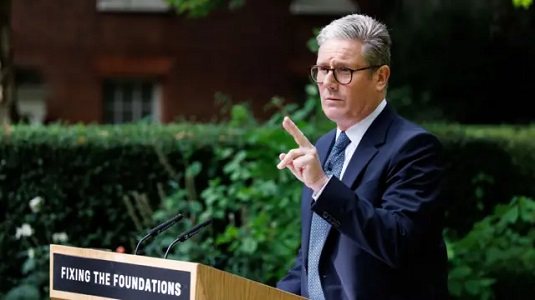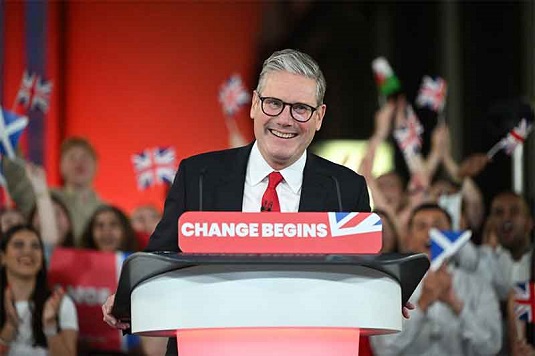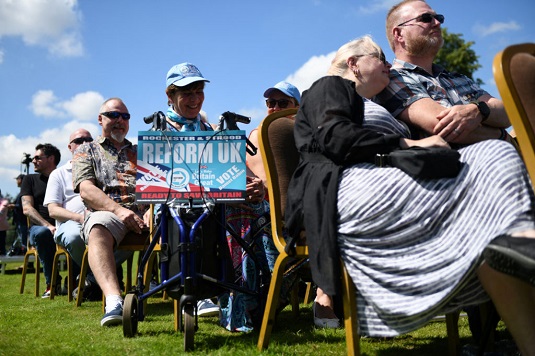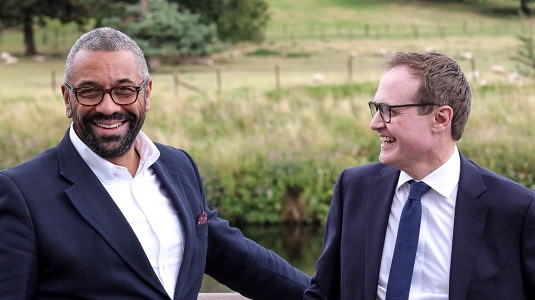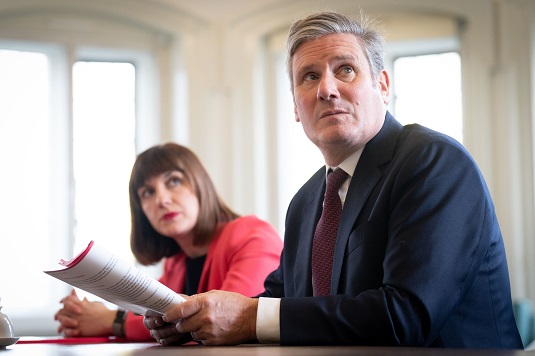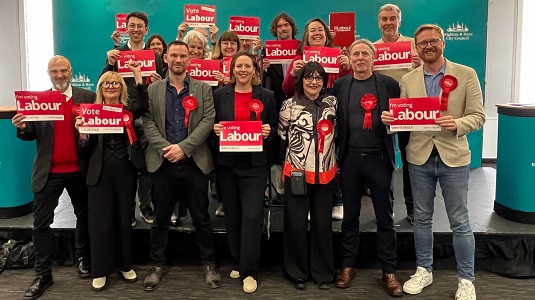
Party
|
Number of Candidates
|
Total Vote
|
%
|
+/- Jul
|
+/- Aug 23
|
Avge/
Contest |
+/-
Seats |
Conservative
|
7
| 3,326 |
20.9%
| +1.4 |
-1.9
|
475
|
0
|
Labour
|
9
| 4,655 |
29.3%
| -11.5 | +1.1
| 517
|
+1
|
Lib Dem
|
8
| 1,830
|
11.5%
| -3.3 |
-14.3
|
229
|
-1
|
Green
|
7
| 1,511
|
9.5%
| -4.1
|
-1.9
|
216
|
0
|
SNP*
|
2
| 1,547 |
9.7%
| +9.4 |
+9.7
| 774
|
0
|
PC**
|
1
| 353 |
2.2%
| +2.2 |
+1.0
|
353
|
0
|
Ind***
|
7
| 1,374 |
8.7%
|
+5.1
|
196
|
0
| |
Other****
|
4
|
8.1%
| +5.2 |
+1.2
|
321
|
0
|
* There were two by-elections in Scotland
** There was one by-election in Wales
*** There were two Independent clashes
**** Others this month consisted of Independence for Scotland (236), and Reform (519, 352, 177)
A fairly quiet month as folks have departed for their holibobs, and with few contests there's not much that can be said about the results. Except for one thing. Seeing how Reform Ltd performed during the general election, August suggests a new found seriousness toward local authority by-elections. And, depressingly, their three candidates mustered just over a thousand votes between them. If this keeps up I might have to graduate them out of the 'other' category, depending on how many candidates are fielded over the coming months.
September is going to be very busy for by-elections. There are 36 contests, held mainly in Labour held seats after councillors have stepped down to become MPs. I would expect a strong showing - though it will be interesting to see if buyer's remorse over the direction Keir Starmer has taken in office, above all on Winter Fuel Allowance, impacts the outcomes.
15 August
Caerphilly, Aberbargoed and Bargoed, Lab hold
Islington, Hillrise, Lab hold
Stirling, Dunblane & Bridge of Allan, Lab hold
22 August
Northumberland, Cramlington Eastfield, Con hold
Three Rivers, Abbots Langley & Bedmond, Con gain from LDem
West Lothian, Armadale & Blackridge, Lab gain from Ind
29 August
Hertfordshire, Bedwell, Lab hold
Wychavon, Badsey & Aldington, Con hold
Wychavon, Harvington & Norton, Ind gain from Con
Image Credit
